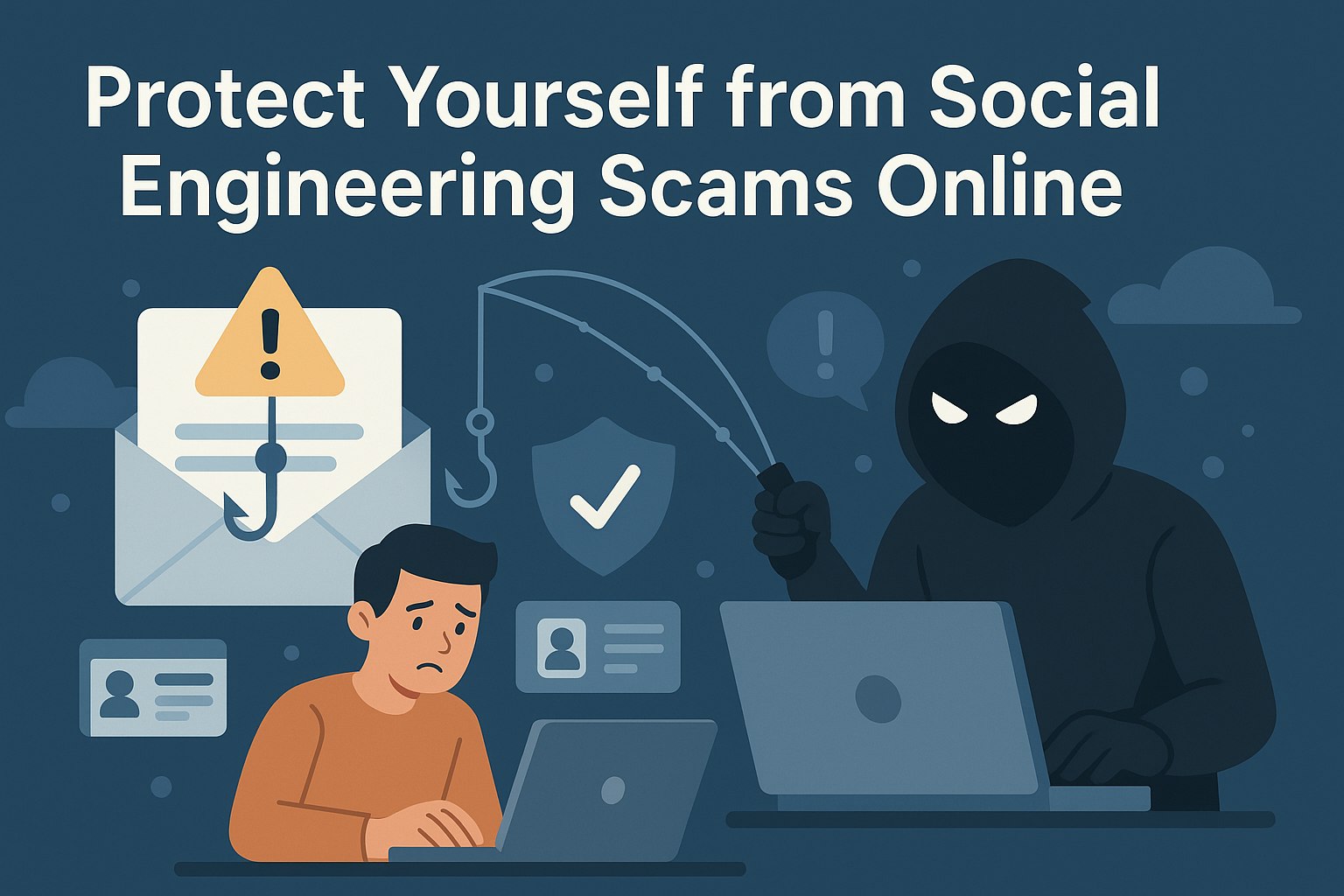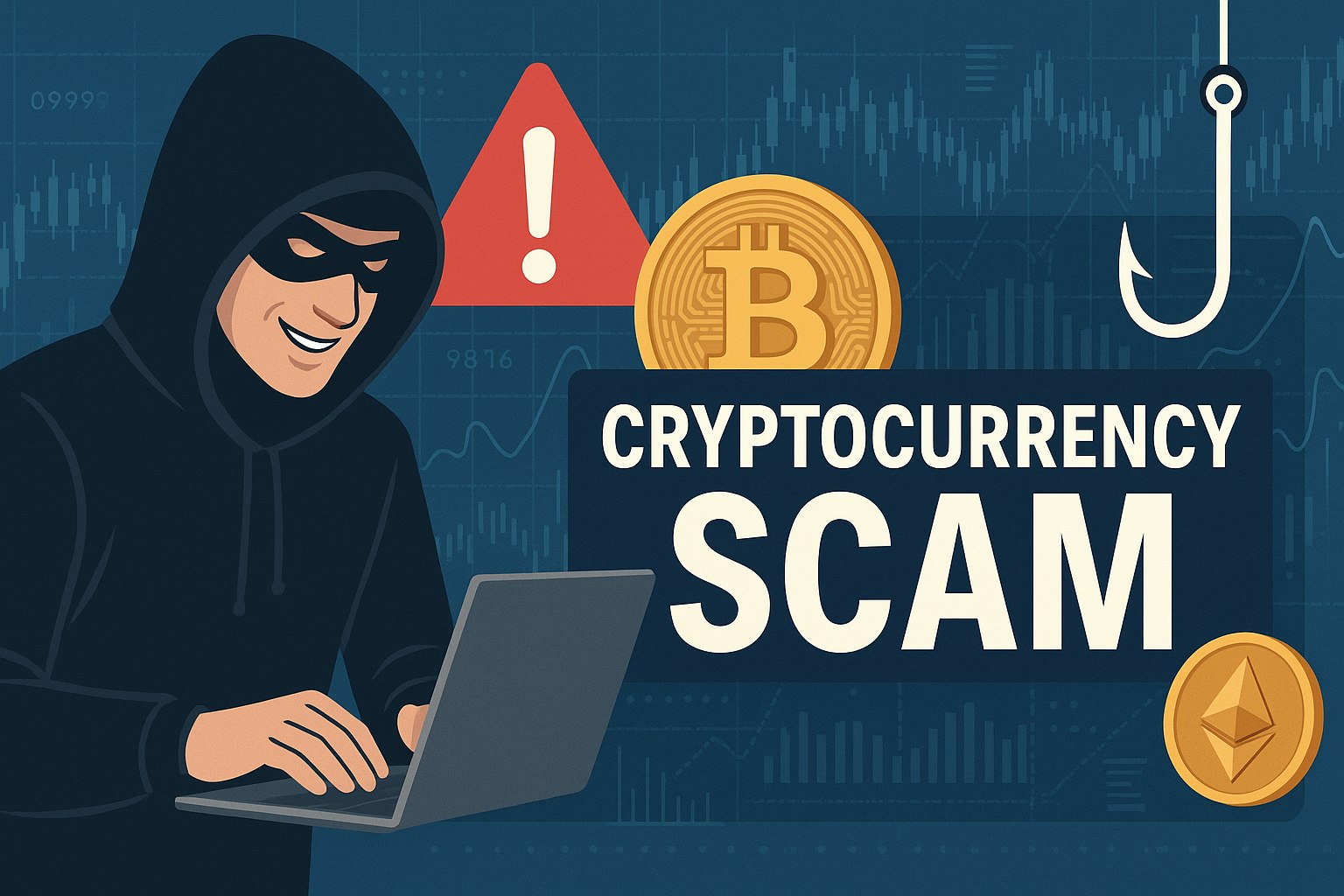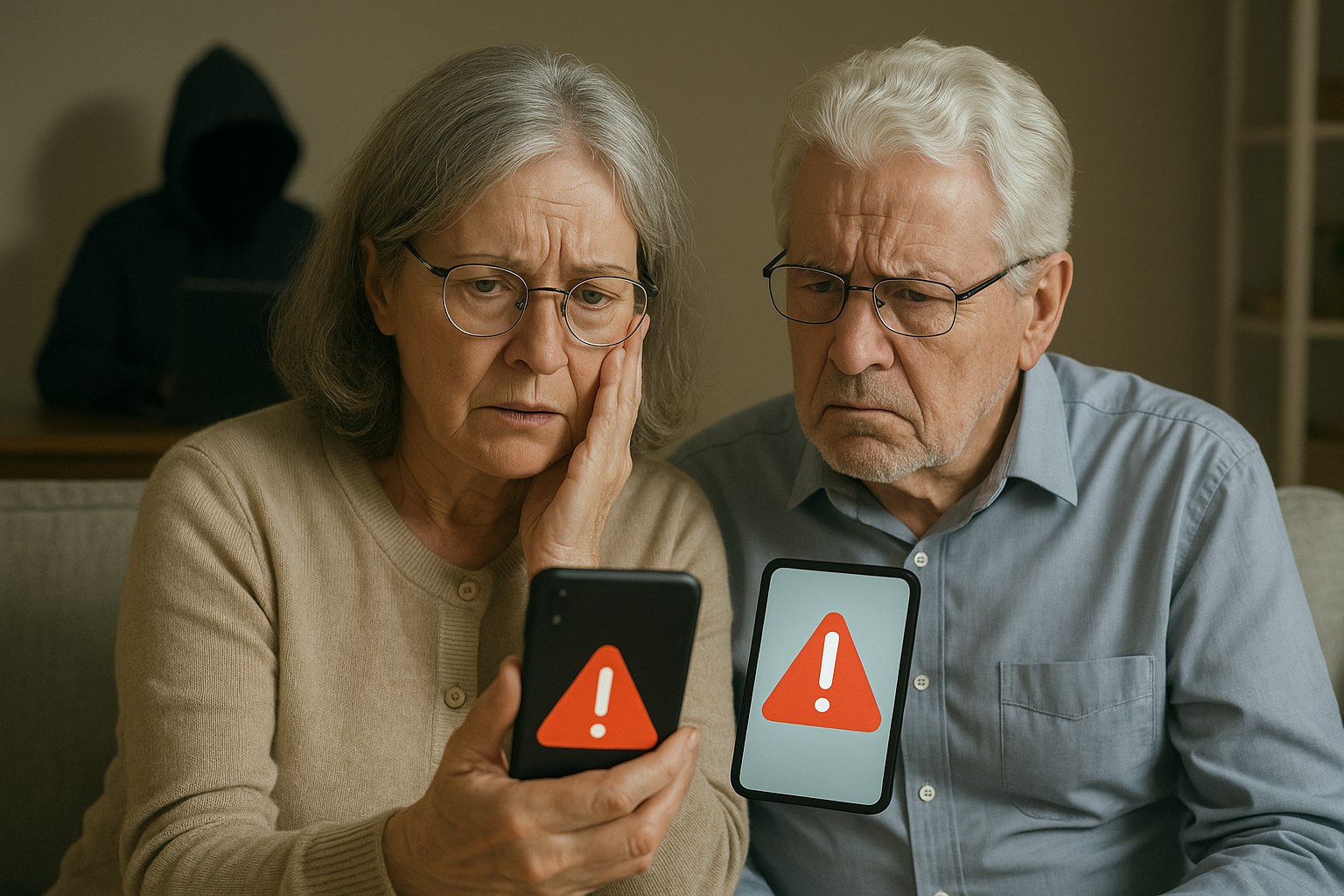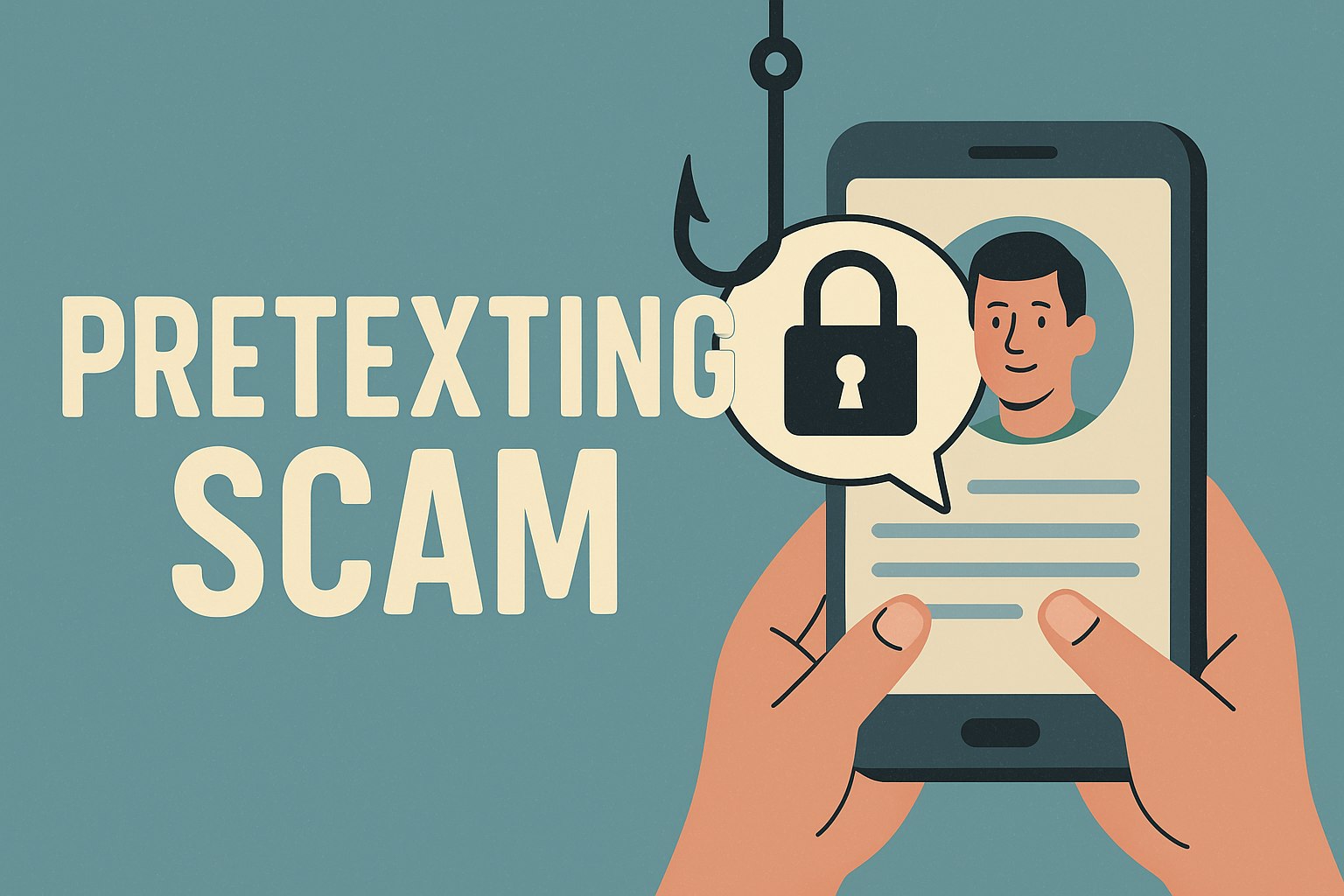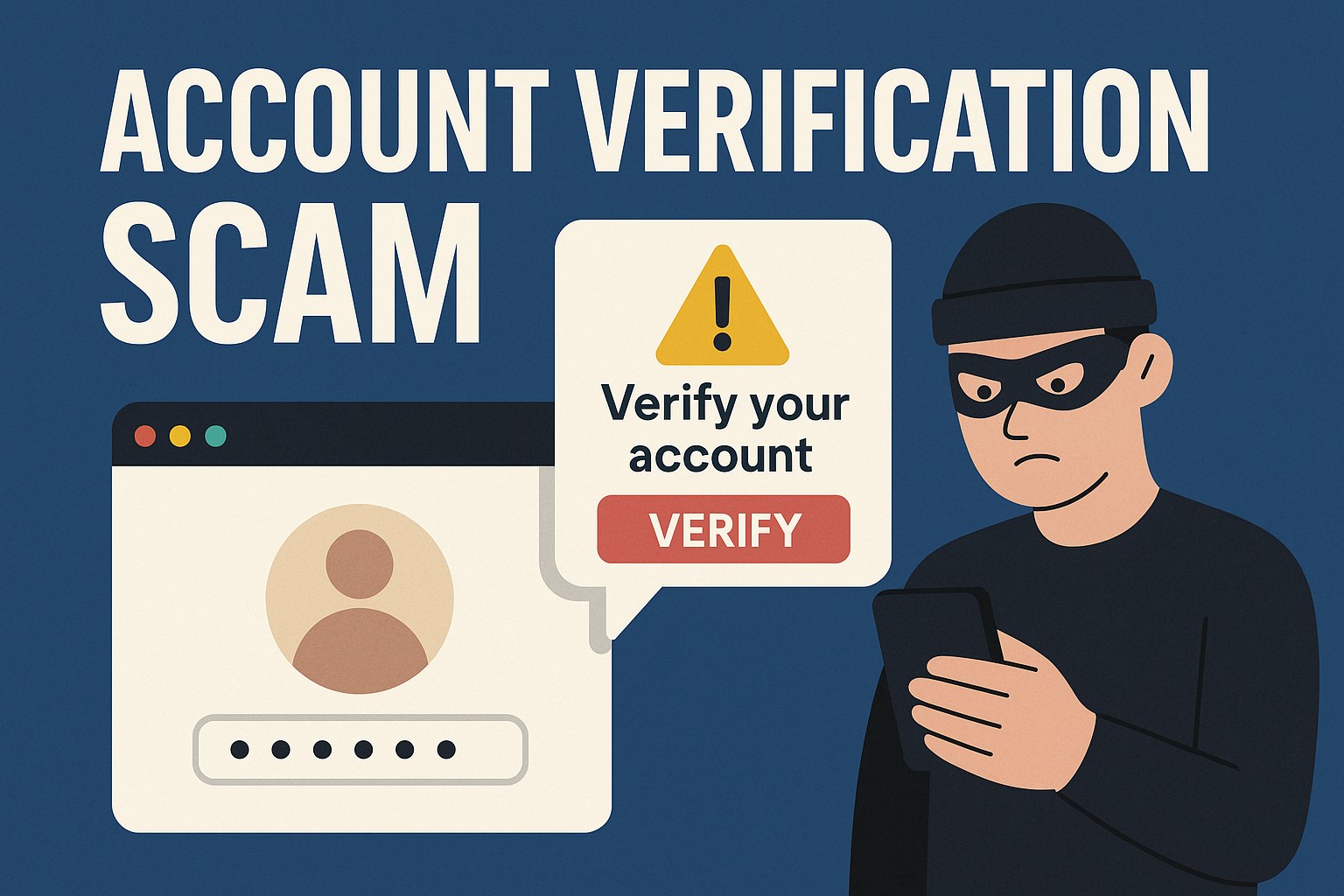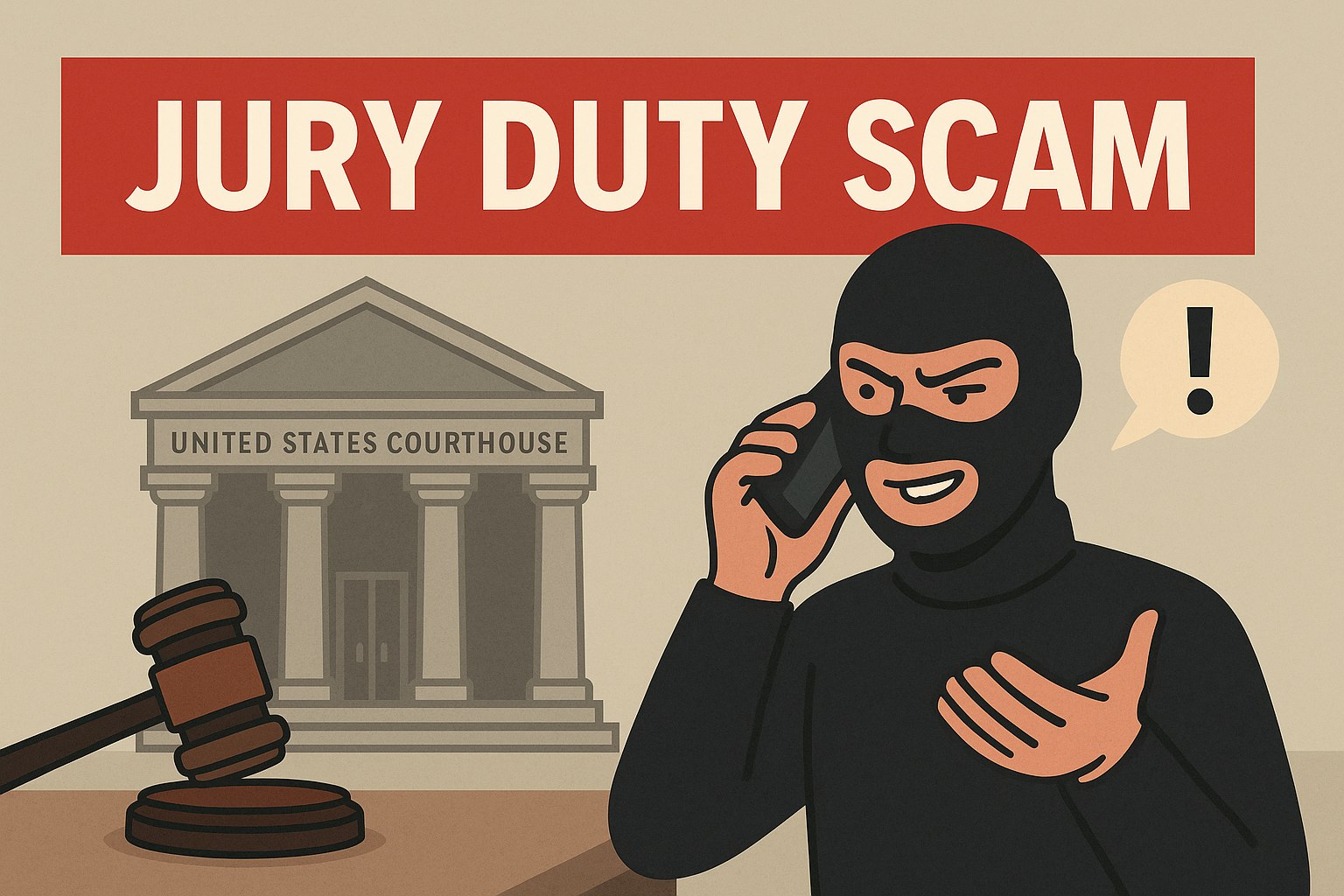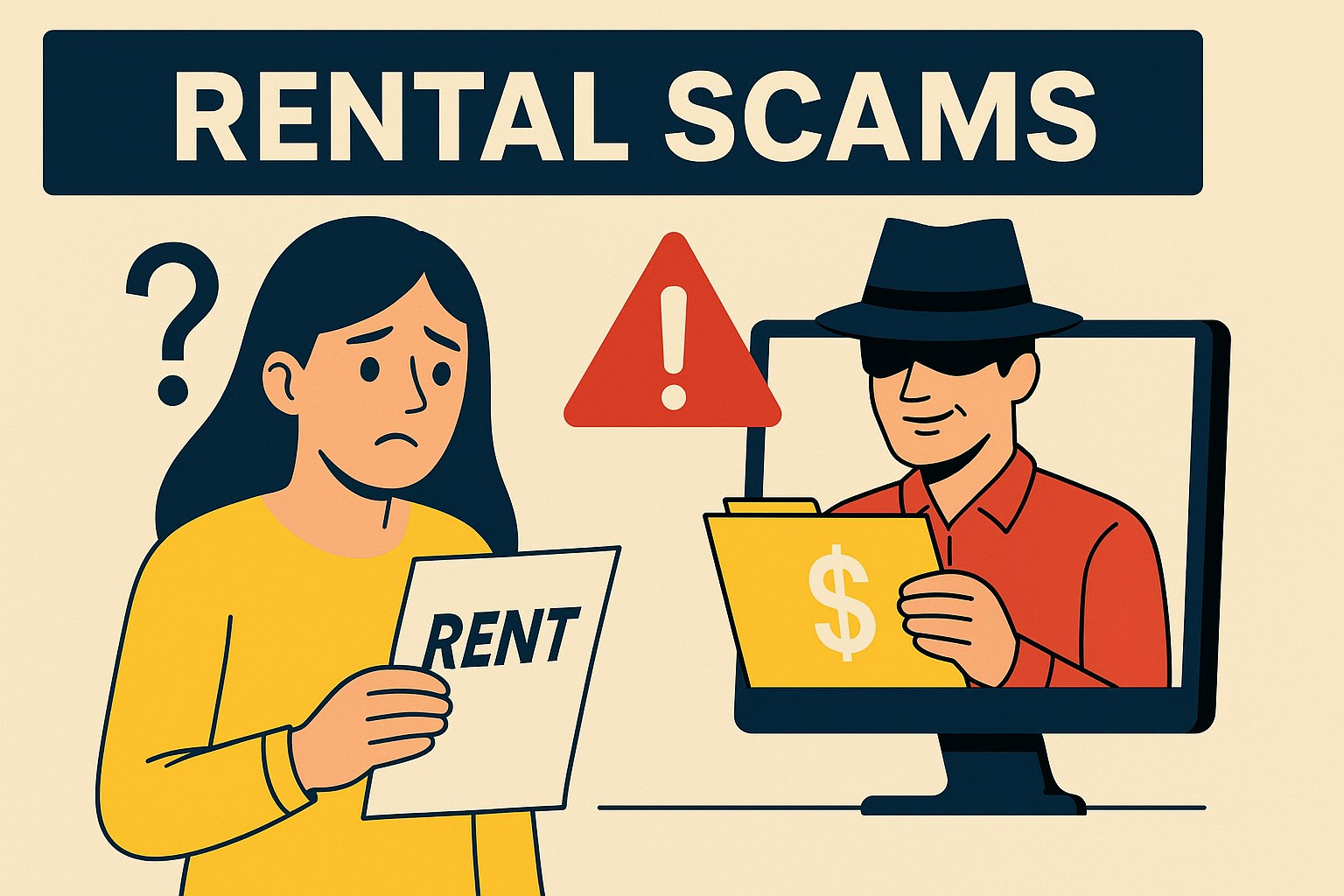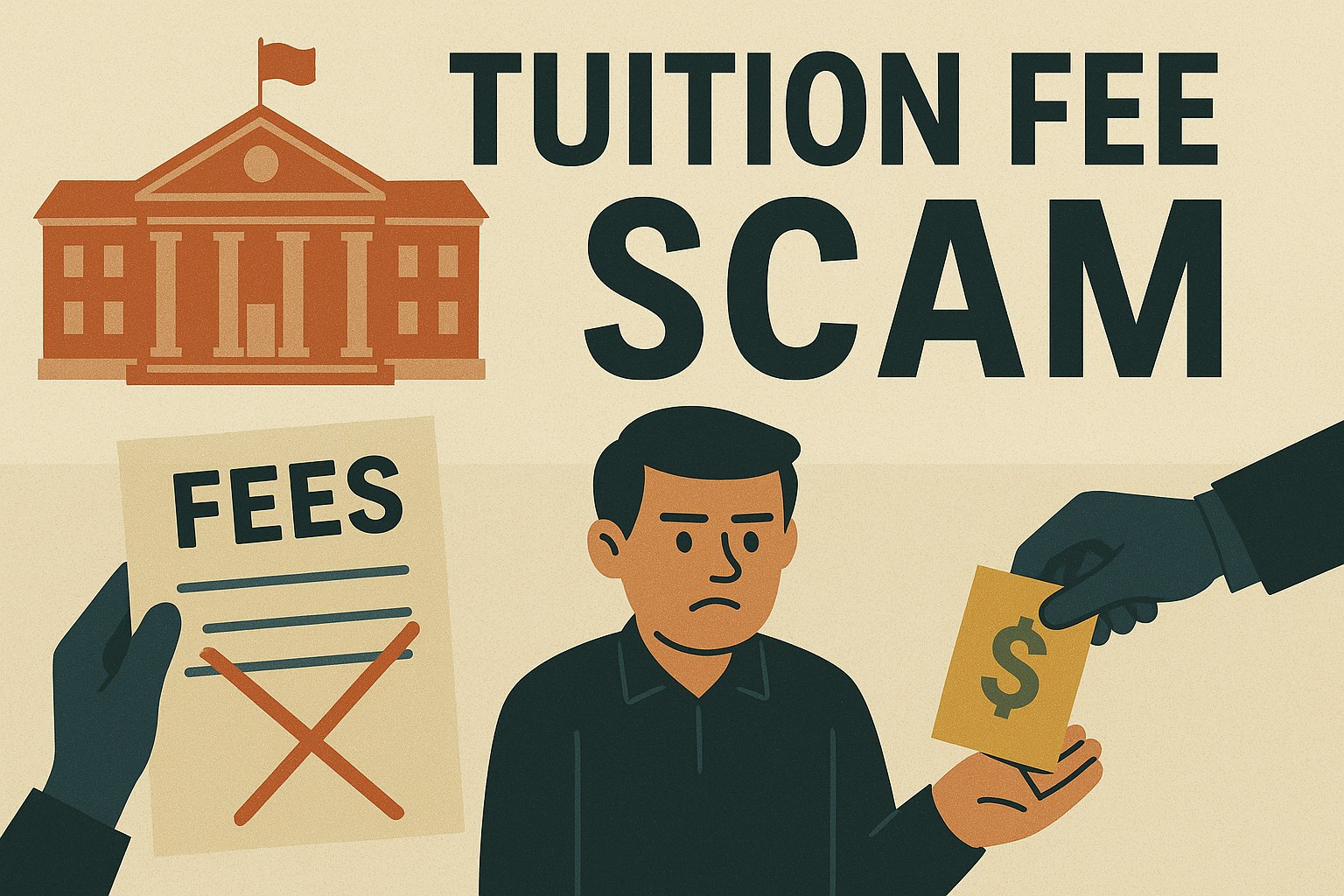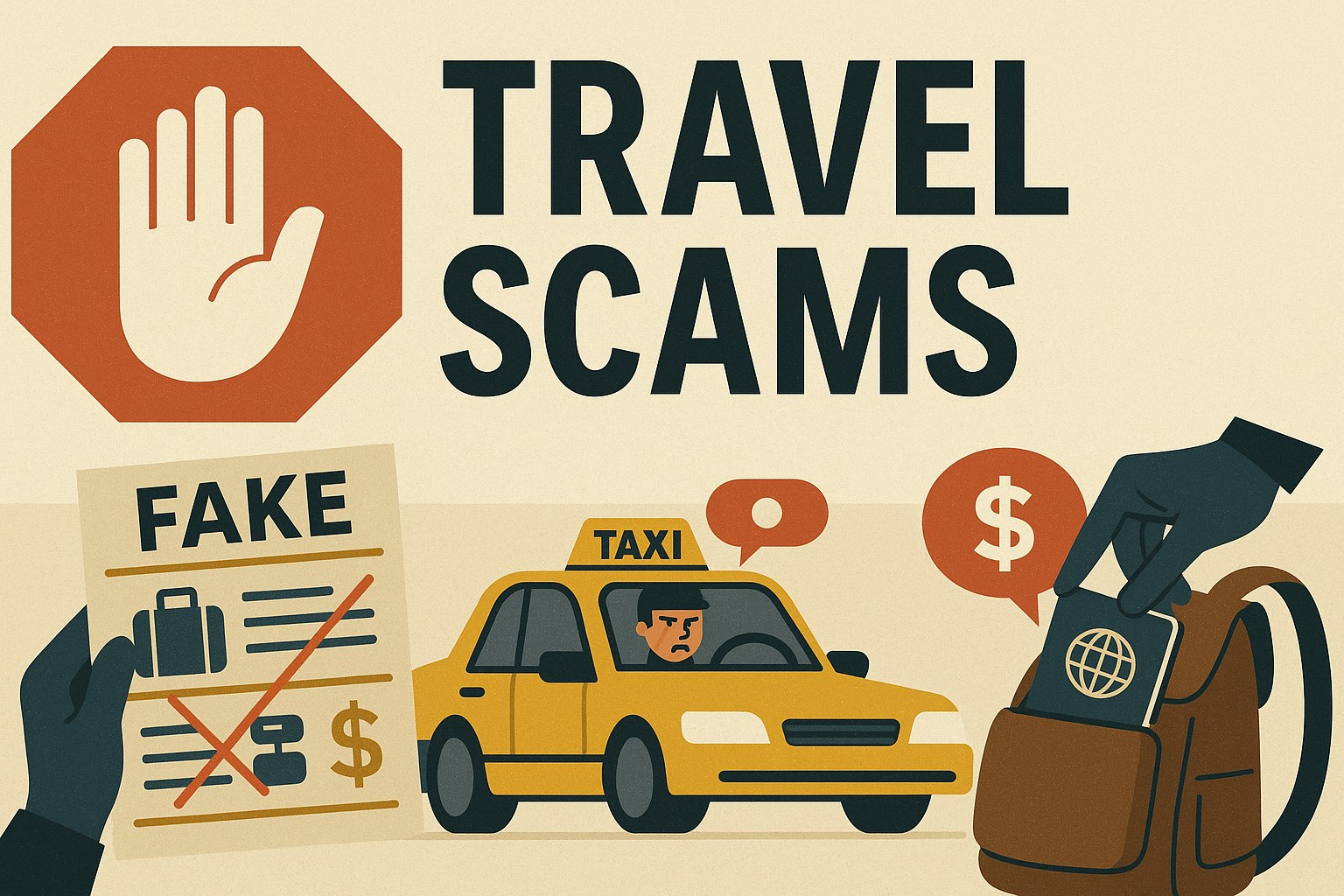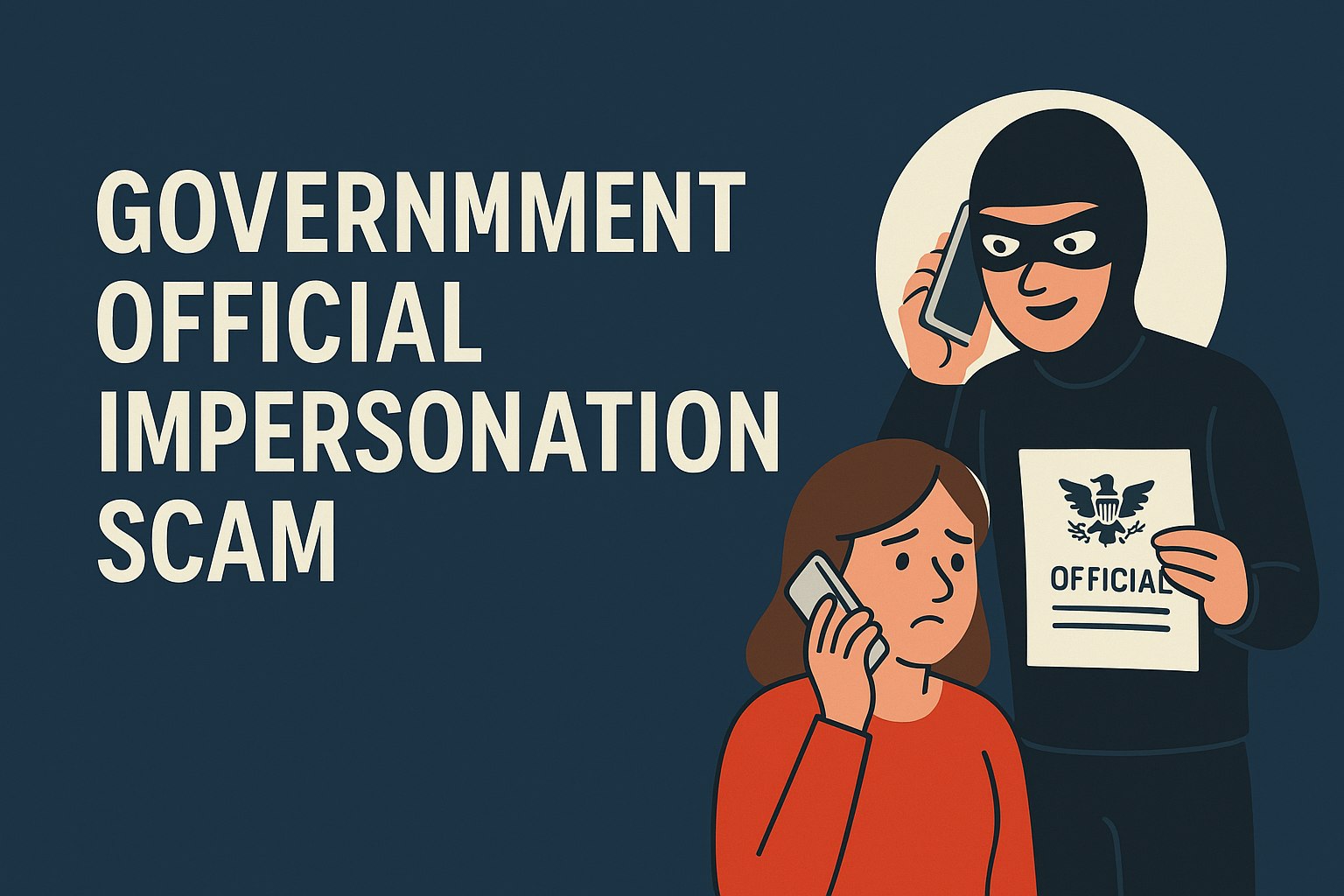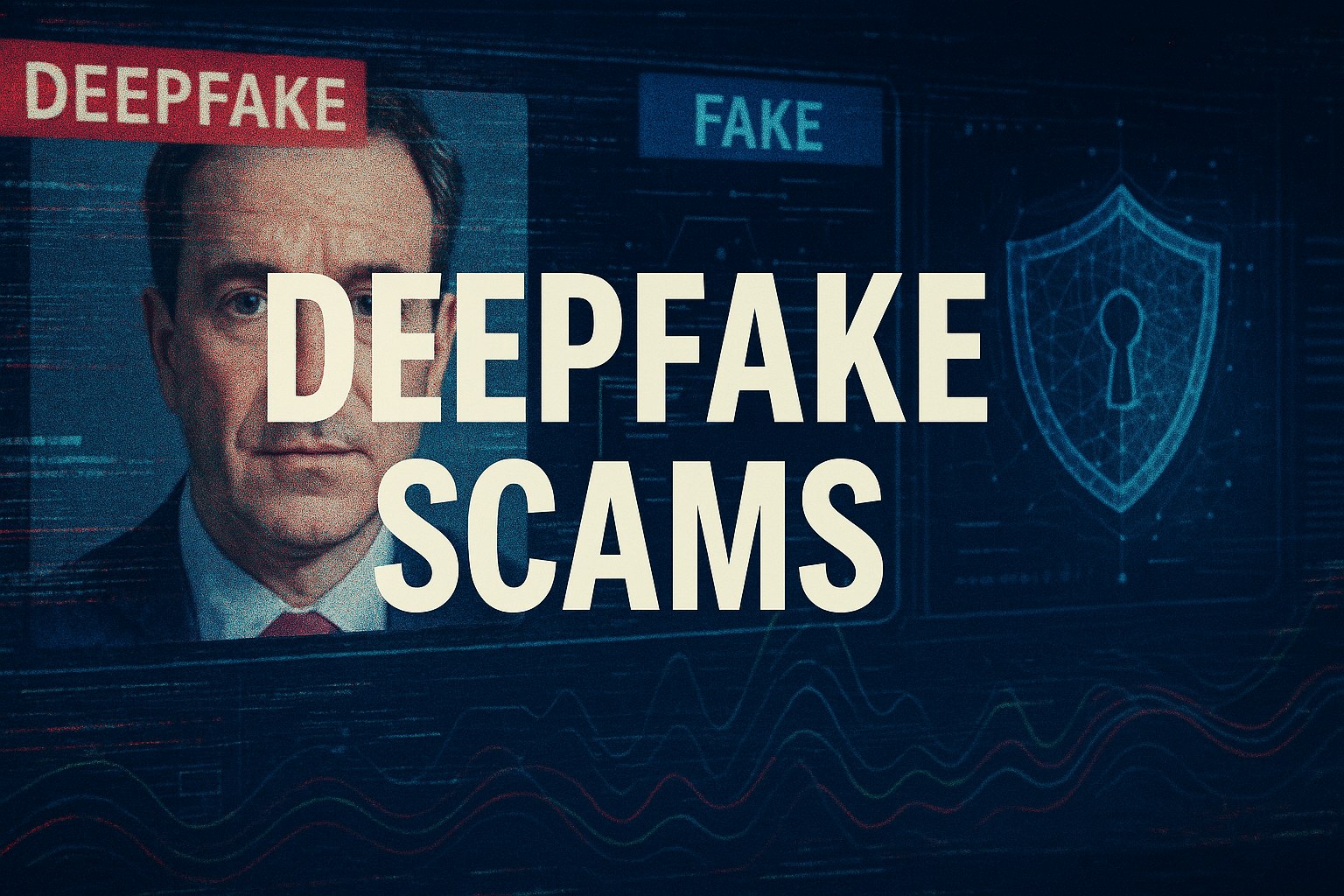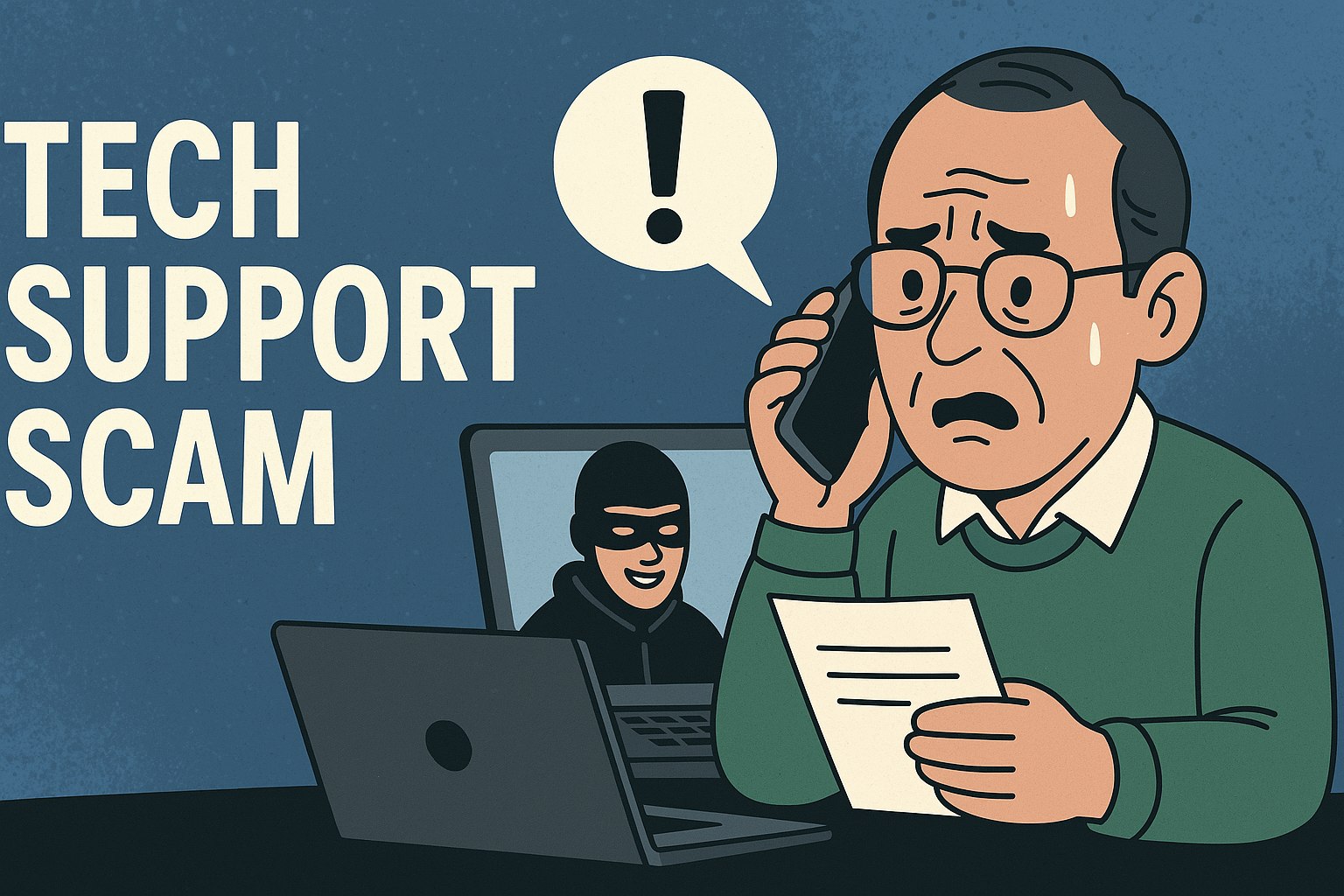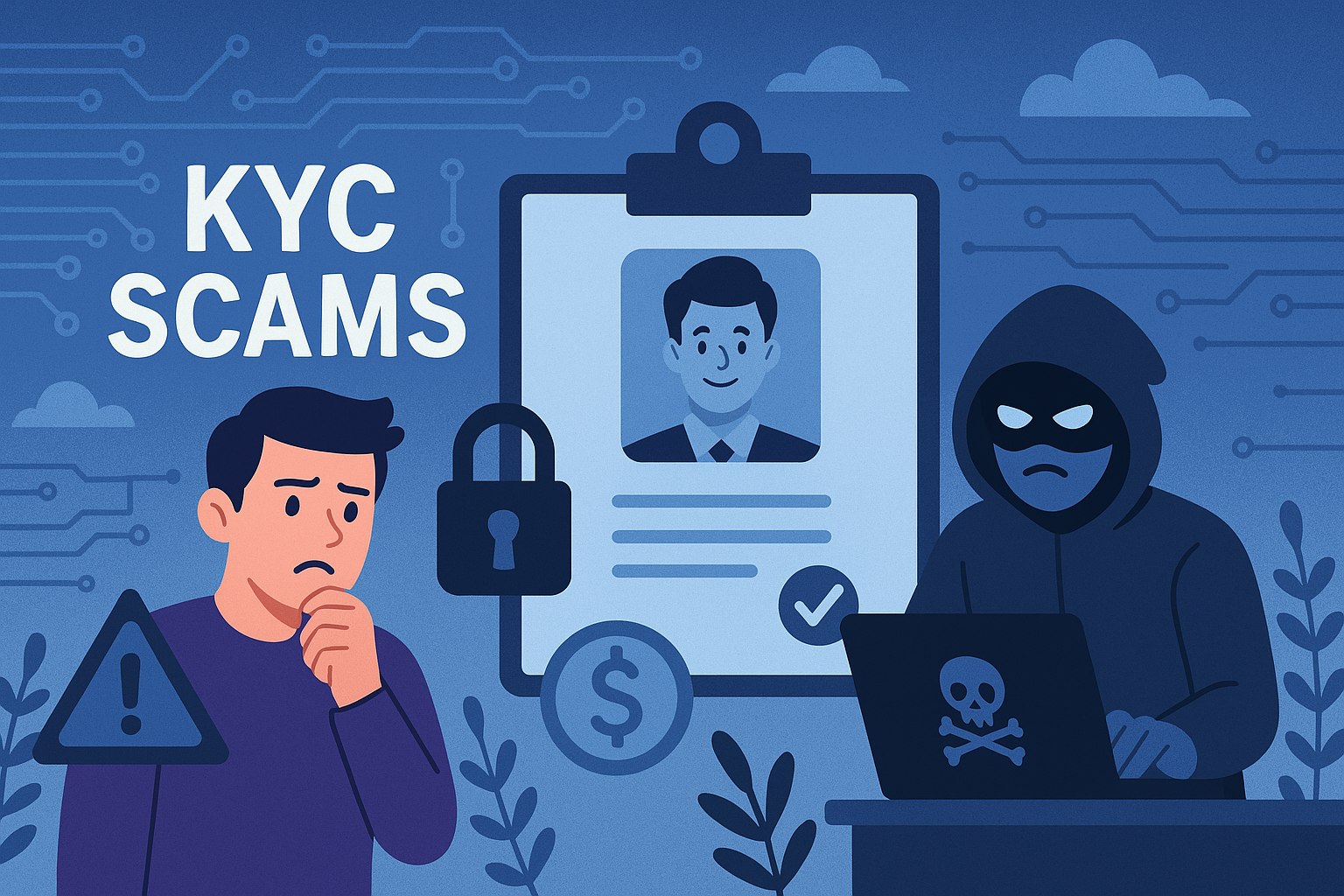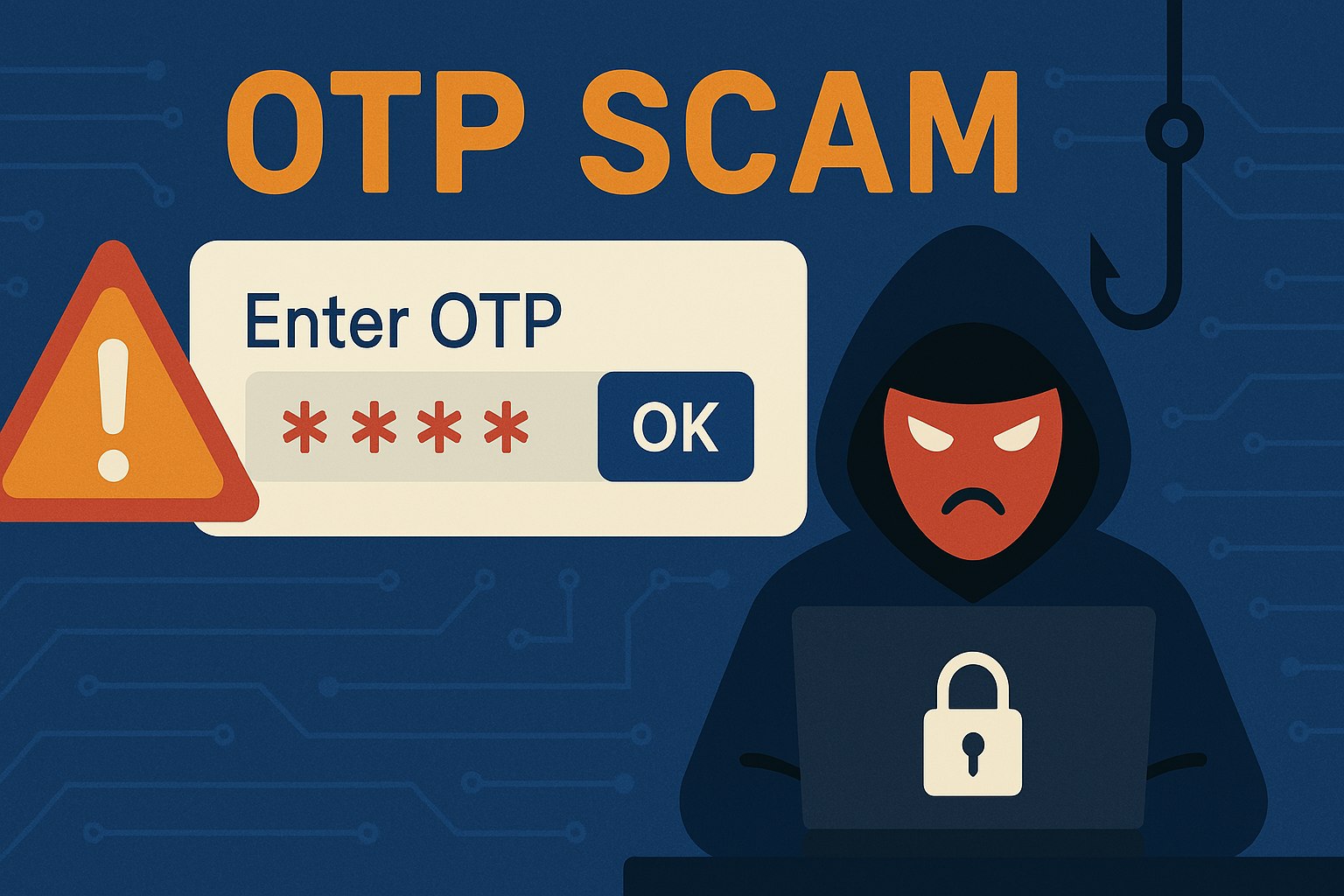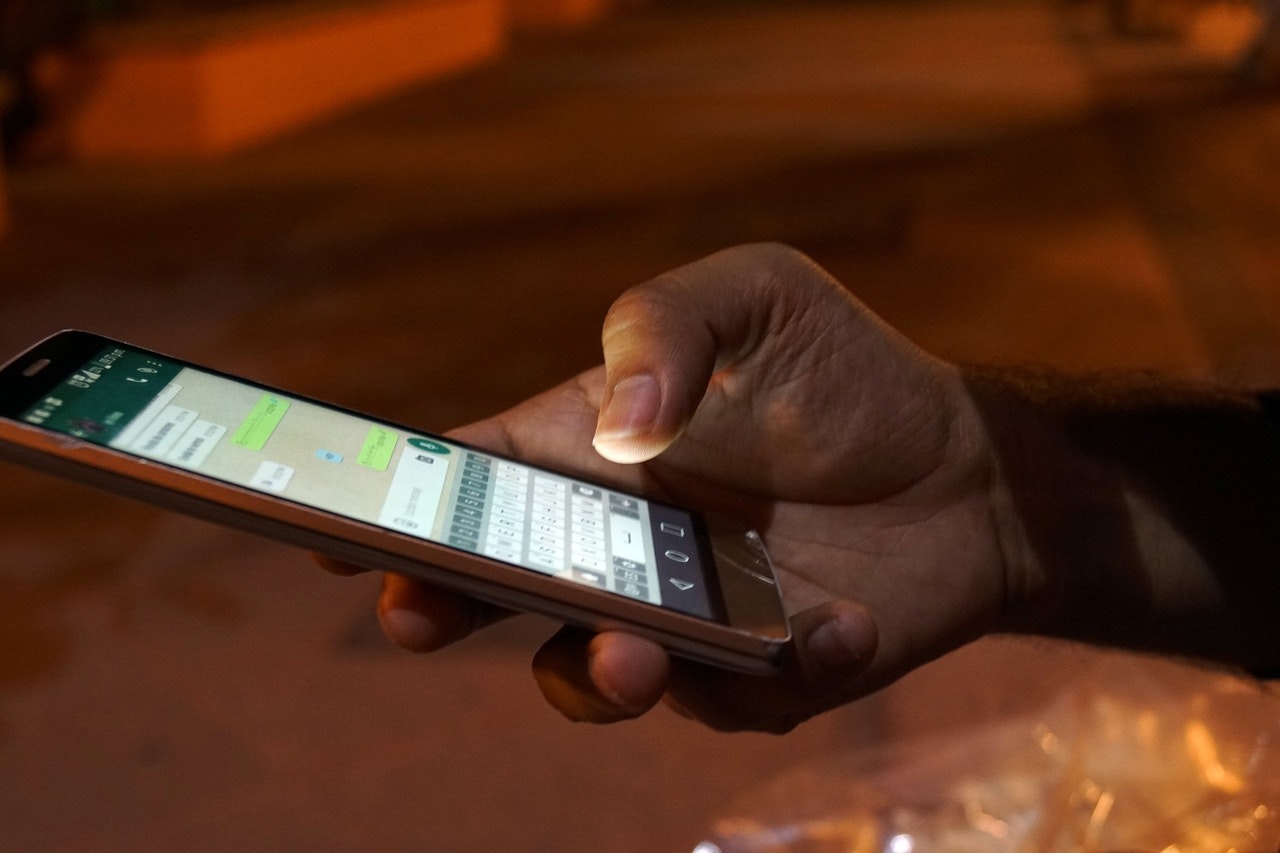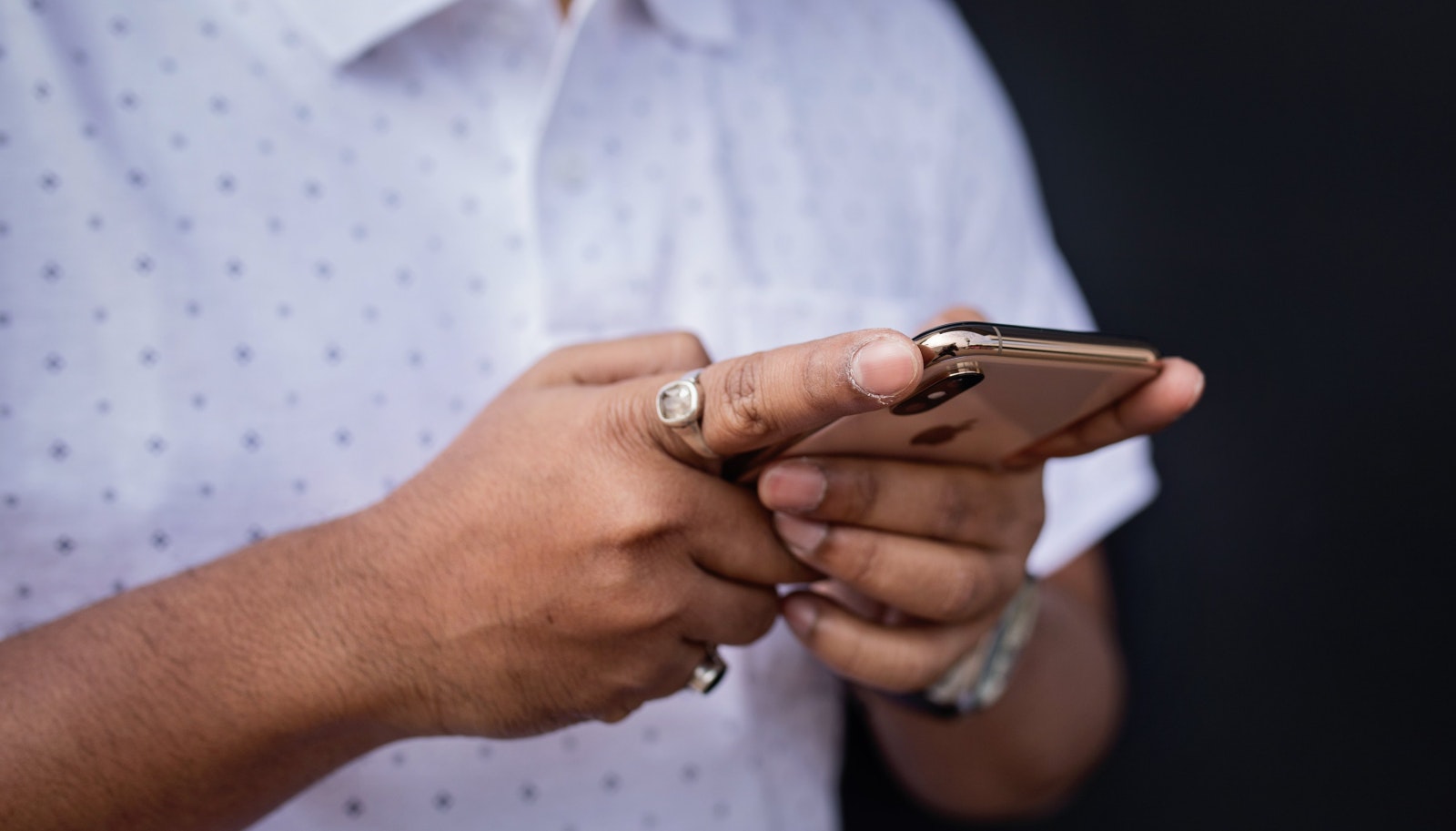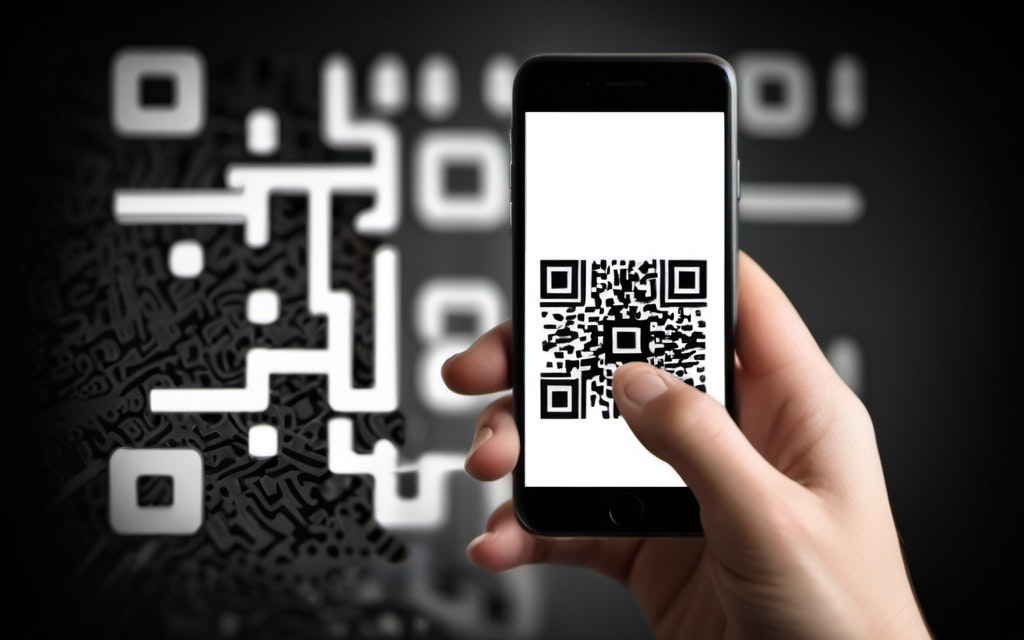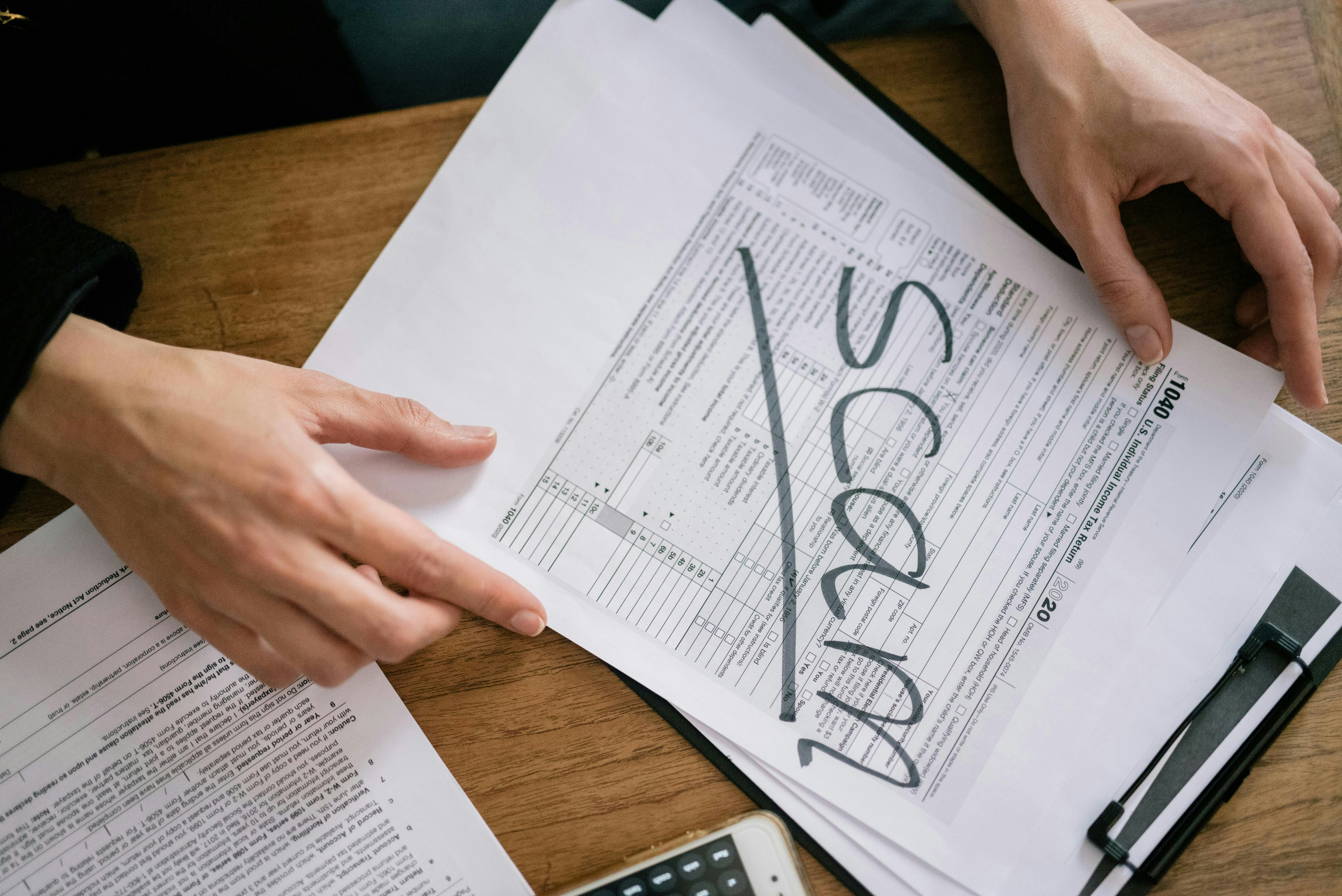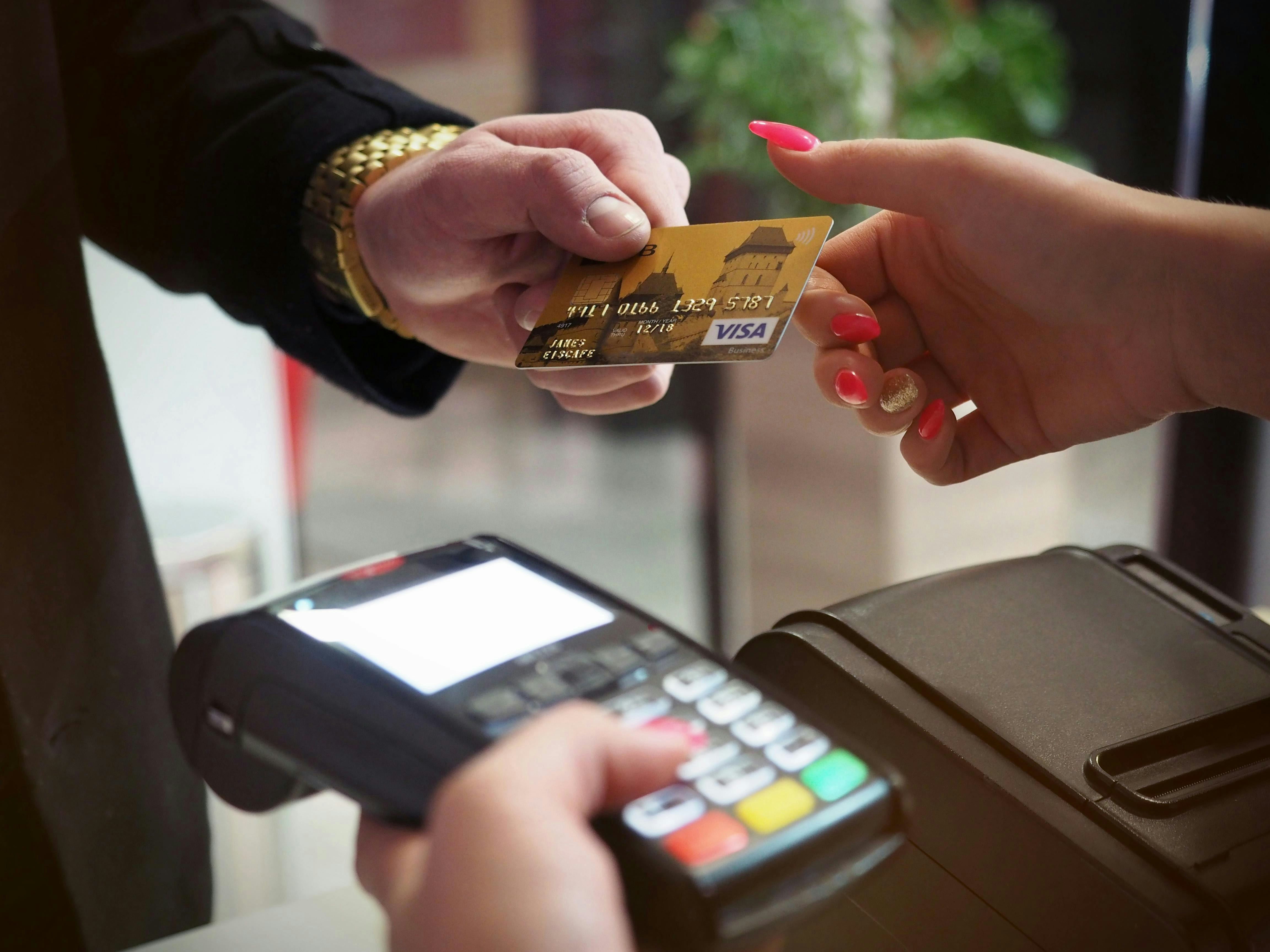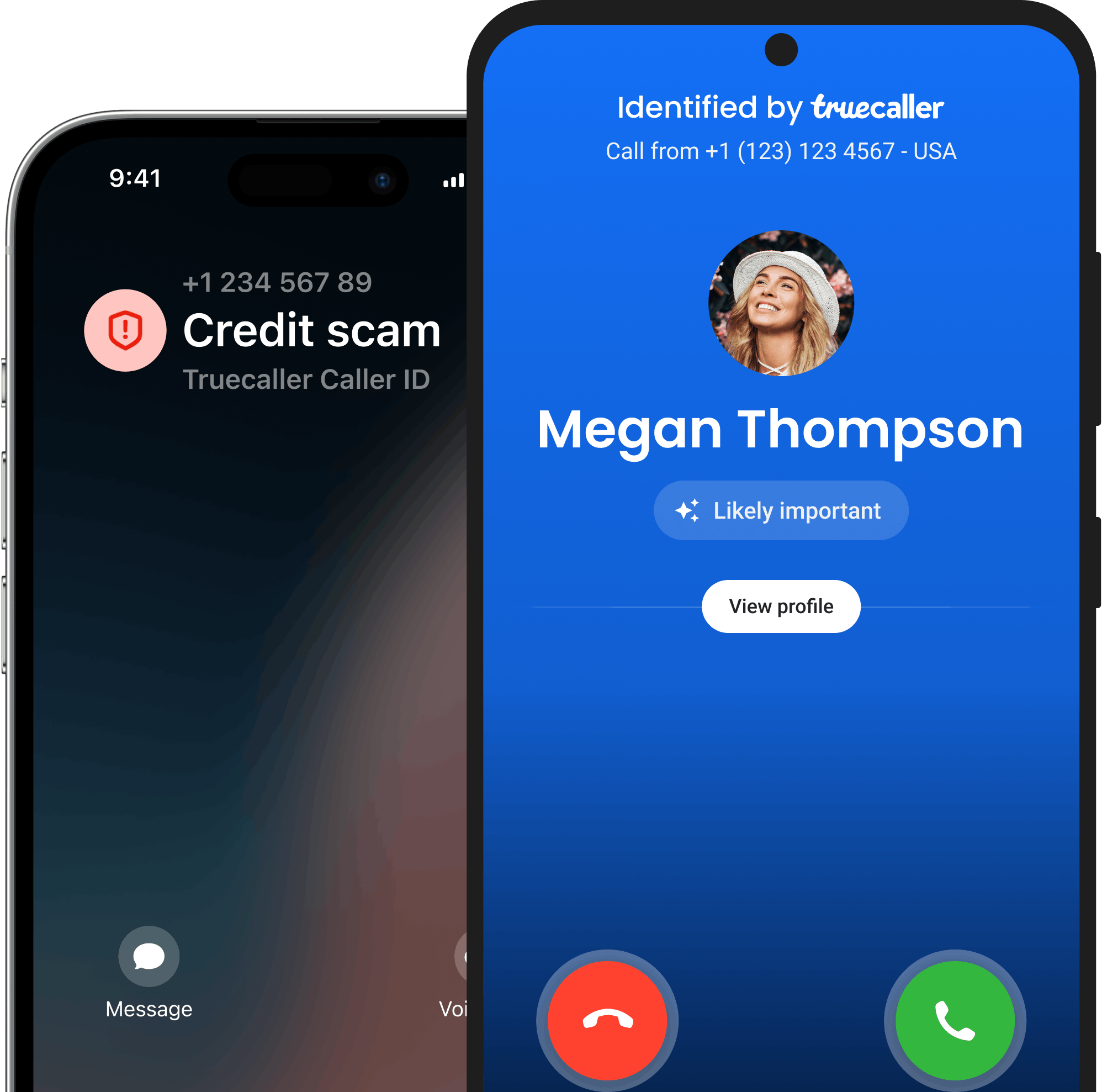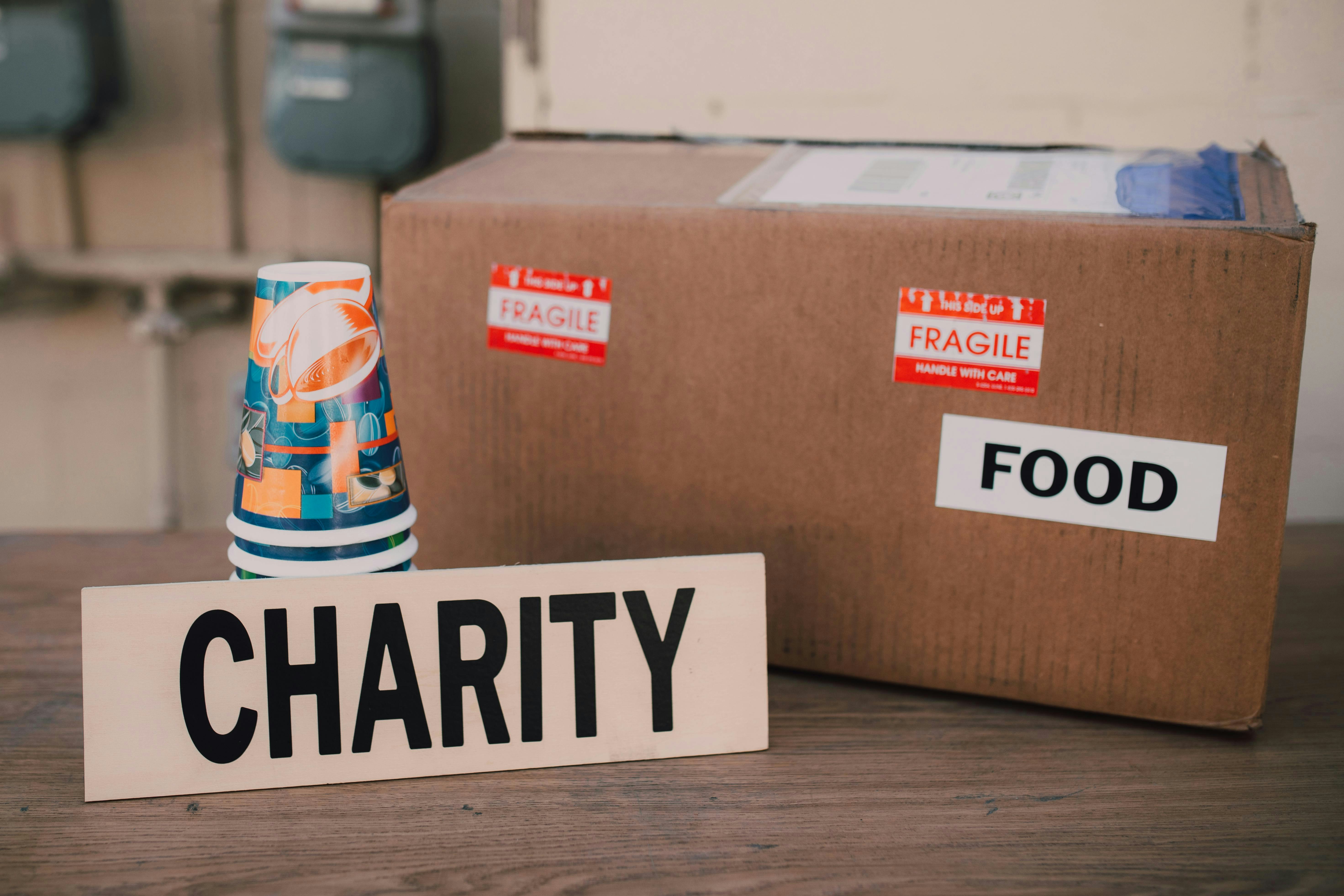
Charity Scams
What are fake charity scams?
In charity scams, fraudsters exploit current disasters and other misfortunes by soliciting donations through emails, phone calls, in-person requests, donation boxes, or social media. They often take advantage of people's generosity and use various tactics to pressure them into donating.
Common types of fake charity scams
When a disaster strikes, many organisations offer genuine help to those affected, but some exploit the situation by falsely claiming to help, deceiving people into giving money under false pretences.
Fraudsters often impersonate tax authorities claiming they are raising funds for disaster laden areas. In many countries, tax authorities, such as the IRS in the US or the HMRC in the UK, provide official lists of tax-exempt, legitimate charities on their websites. Checking these lists can help ensure your donation is going to a recognized organisation.
One of the quickest and easiest ways to raise funds for someone in need is through social media. However, with the rise of scammers, this method can be exploited by using fake images of families and false stories that appeal to people's emotions. Those who fall for such scams not only lose money but may also unknowingly share personal information with the scammers.
Fraudsters often rely on people's kindness, especially during festive seasons, to ask for donations. Sometimes they claim you’ve donated to the same charity in the past, but it could be fraudulent unless you remember it or verify its authenticity by checking previous receipts.
Many times, scammers ask for donations in the name of services for firefighters, military personnel, veterans, and additional support for their families, often claiming it's to send care packages.
Scammers may also pose as government officials or custom authorities, claiming that a package you sent has been intercepted by customs. They allege the package contains illegal substances and urge you to contact the authorities immediately, using pressure tactics to obtain your financial information and ultimately scam you out of money.
Red flags of charity scams
When approached for a donation, do not trust all the information provided; do your own research. Many a times, scammers create fake websites by copying information from legitimate ones. Their web address is unlikely to end with '.org'—they may use '.com' or an address ending with a series of numbers. No matter what, do not share your personal or sensitive information, such as your bank details, any form of ID, or your date of birth.
In the first call or meeting, scammers may pressure you into giving money. During such times, don’t lose your patience or give in. Ask them to send their information so you can carefully study it and make an informed decision.
More often than not, scammers pressure people into donating through gift cards, wire transfers and cash. If you don’t prefer the mode of payment they want, don’t feel pressured. It is always advisable to pay through credit or debit card.
It is important not to disclose your bank information, ID cards, date of birth, login IDs, or passwords. Scammers can easily use this information for identity theft.
It is definitely a charity scam if the donation agency doesn’t provide you with a receipt or payment confirmation to make your donation tax-deductible. In crowdfunding, however, the beneficiary is an individual, so it won’t be possible for them to provide a receipt since they are not a recognized charity.
How to protect yourself from charity scams
For your own sake, do proper research about the charity. When you look up the name of the charity online check if anyone has raised any questions or complaints about it. In some countries, there are charity evaluator organisations that help people identify the real ones.
Check if the charity asking for donations is registered or recognized by a reputable authority. If the donation is tax-exempt, they should be able to provide proper documentation for it.
It is always advisable to keep track of your donations, including the name of the charity, the amount donated, and the year the donation was made.
Keep yourself updated on news about charity scams in your country so you can make informed decisions about donations. Under no circumstances should you give out personal information such as IDs, bank details, logins, or passwords.
If the number you are receiving a call from is identified as a scammer, Truecaller will alert you with a caller ID warning or fraud detection message!
If you are a victim of a fake charity scam, take following actions:
- Document all available information about the fake charity, including pamphlets, receipts, phone numbers, and fake websites. These will serve as evidence to help track the fraudsters.
- Note how they approached you for the donation—whether by email, phone call, or in person.
- If you’ve shared any sensitive information with the scammers, it’s crucial to inform your bank immediately.
- For the awareness of others, phone numbers of these scammers should be reported on Truecaller.
Where to report a charity scam
- If you are in the United States, these could be some agencies you could reach out to:
- Federal Trade Commission (FTC): You can file a complaint with the FTC online at https://www.ftccomplaintassistant.gov/
- Internet Crime Complaint Center (IC3): You can file a complaint with the IC3 at https://www.ic3.gov/
Reporting the scam on Truecaller will help prevent others from becoming victims.
- For immediate assistance and guidance on cyber fraud, call 1930 (toll-free)
- File a cyber crime report on
https://cybercrime.gov.in/ or
https://sancharsaathi.gov.in/sfc/Home/sfc-complaint.jsp - Serious Fraud Investigation Office: https://sfio.gov.in/
- Chakshu - Report suspected fraud communication: https://services.india.gov.in/service/detail/chakshu-report-suspected-fraud-communication
- Access the list of state-wise nodal officers and their contact details from
https://cybercrime.gov.in/Webform/Crime_NodalGrivanceList.aspx
Reporting the scam on Truecaller will help prevent others from becoming victims.
- Police Special Fraud Unit (PSFU)
Email: report@specialfraudunit.org.ng, pro@specialfraudunit.org.ng
Whatsapp: 08127609914
Voice Call/SMS: 07082276895
Social Media: Facebook - Economic and Financial Crimes Commission (EFCC)
Email: info@efcc.gov.ng
Phone number: +234 8093322644, +234 (9) 9044751
Social Media: Facebook, Twitter, Instagram - Independent Corrupt Practices Commission (ICPC)
Email: info@icpc.gov.ng
Phone number: 08076369259, 08076369260
Social Media: Instagram, Twitter, Facebook
Reporting the scam on Truecaller will help prevent others from becoming victims.
- Action fraud: https://www.actionfraud.police.uk/charities
- Fundraising regulator: https://www.fundraisingregulator.org.uk/complaints
- GOV.UK: https://www.gov.uk/report-suspicious-emails-websites-phishing
- National cyber security centre: https://www.ncsc.gov.uk/
Reporting the scam on Truecaller will help prevent others from becoming victims.
- CSA Singapore: https://www.csa.gov.sg/cyber-aid
- File a police report at https://eservices1.police.gov.sg
Reporting the scam on Truecaller will help prevent others from becoming victims.
Conclusion
Charity scams exploit compassionate individuals, especially during crises, using various deceptive tactics to solicit donations. It's essential to stay informed, conduct thorough research before donating, and be cautious with personal information to protect oneself from these fraudulent schemes. If you suspect you’ve been scammed, taking prompt action and documenting everything is crucial for addressing the issue effectively.
